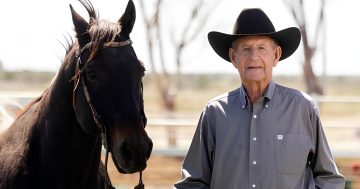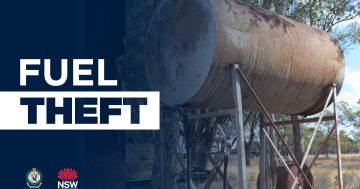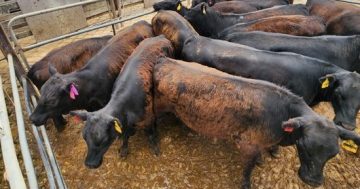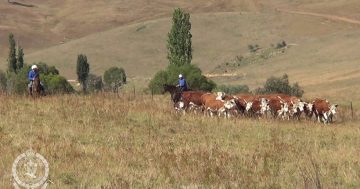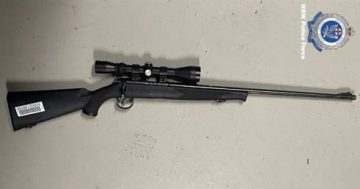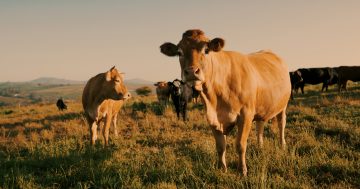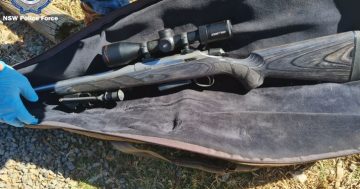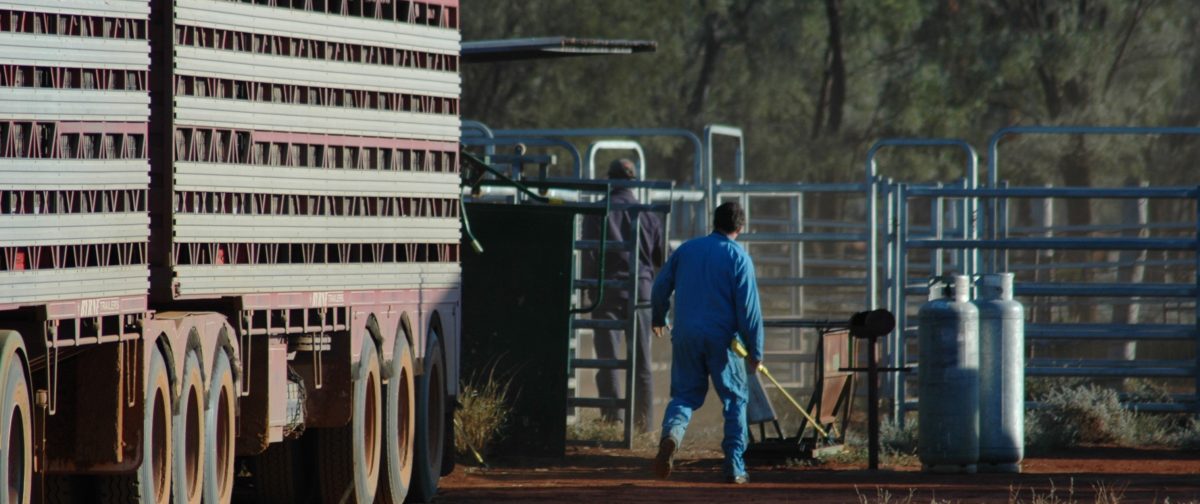
NSW police have inspected more than 6800 livestock carriers in the past two years in efforts to combat rural crime. Photo: Supplied.
Police across New South Wales have conducted almost 7000 inspections of livestock carriers on the state’s roads in the past two years, as part of a massive operation in a bid to clamp down on livestock thefts, during a period of unusually high sheep and cattle prices.
Operation Stock Check saw some 6800 such inspections and was led by the police’s Rural Crime Prevention Team (RCPT), a 63-strong unit targeting rural crimes such as livestock and machinery theft, illegal hunting, trespass and other offences against primary producers.
It comes as RCPT members have also been on the ground in the Wagga Wagga region this week, investigating the April theft of 350-odd sheep from a local property – an unusually large theft that has shocked many in the rural community.
The RCPT’s south-west coordinator, Detective Sergeant Damian Nott, who is based out of Cootamundra and covers the Riverina and surrounds, said the operation was helping deter, prevent and investigate livestock theft and strengthen biosecurity efforts.
In an exclusive interview this week, Det Sgt Nott told Region the operation saw all NSW police trained to help them safely inspect livestock during transportation, and it had led to multiple investigations, arrests and charges being laid.
Det Sgt Nott said the team, which was created in 2017, had been working with landholders around the state to deter, detect and prevent rural crimes such as livestock theft, and particularly in 2021, with high cattle and sheep prices, it was a key part of their work.
That work has been analysed by successive statewide rural crime surveys, which he said had provided invaluable data to police, particularly about landholders’ reticence to report crimes – sometimes out of embarrassment about offences that sometimes went unnoticed for months.
“If you’ve got, say, 2000 head of sheep out in the paddock, I’d like to meet the farmer who can just look out at them and know if, say, 40 or 50 have been stolen,” he said.
“These things can happen and they might not know for days, weeks, months even, because often you don’t get an accurate count until you bring them in for husbandry, or shearing, and by that time, often they think … why bother reporting it.
“But we really want people to come forward and report these crimes – we can’t investigate something we don’t know about, and it’s nothing to be embarrassed about. It doesn’t matter if it’s 20 or 300 head, the more we know and the sooner we know, the more we can investigate.”
Det Sgt Nott said the rural surveys had shown that up to 60 per cent of rural crimes in NSW went unreported, and criminals were often opportunistic in weighing up the “risk versus reward” of committing such crimes, counting on landholders to not report victimisation.
But he said while there had been a peak in livestock theft during 2021, prices had fallen about 30 per cent for cattle and about 50 per cent for sheep since then, and there had been a slight drop in the number of thefts, despite some “highly organised” large-scale ones, such as that of up to 350 sheep from a property near Wagga Wagga last month.
Beyond the strict investigation aspect of their work, Det Sgt Nott said the rural team members were also always able to make time to visit landholders’ properties and give them hands-on advice on what they could do to prevent crimes on their property.
“It might sound a bit harsh, but sometimes they need to go out on their place and think like a crook – what are the access points, the choke points, how would they get away with something, and what could they put in place to deter criminals?” he said.
“In police jargon, we call it target hardening. It can be as simple as putting up biosecurity warning signs, some security cameras and chains around gates and making sure things are locked up. Sometimes that can be enough to make a criminal think, no, it’s not worth trying it on here.”
Det Sgt Nott said the team also advised primary producers to ensure they kept their records up to date, which helped with investigations and provided solid data that could be used in court.
Landholders can access more information on the NSW Police Force website, and those in the Riverina are encouraged to report crimes directly to the local RCPT on 6942 0005, where they can also access advice from the team.








